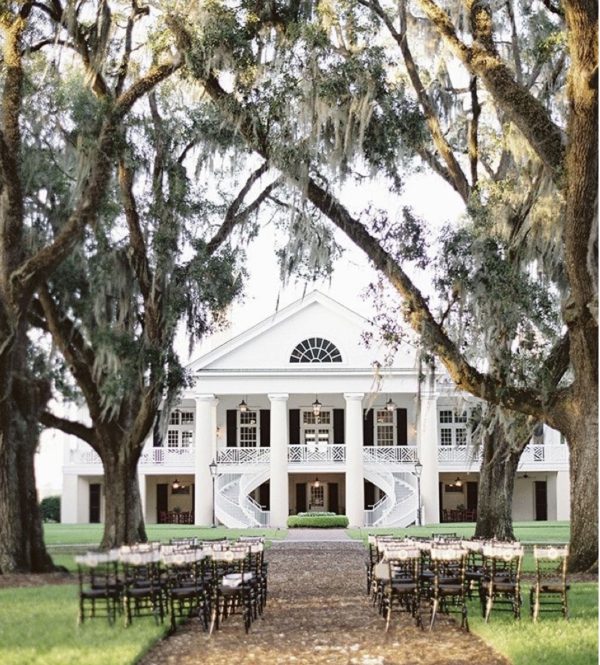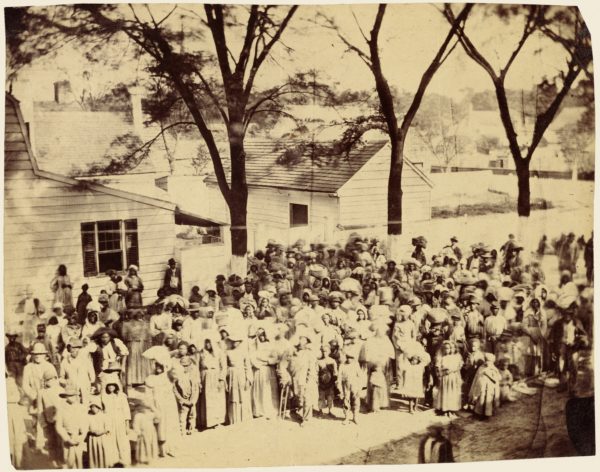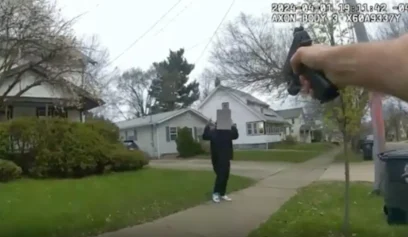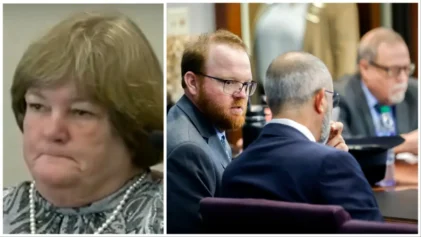Experiencing a wedding with the Southern backdrop of an Antebellum era-styled plantation could soon become a thing of the past — or at least much more difficult.
Leading wedding planing websites — The Knot Worldwide, Pinterest, Brides.com, Martha Stewart and Zola — have either removed the option of hosting a wedding or event at former slave plantations, or are in the process of re-evaluating such venue options.

“The decision to glorify plantations as nostalgic sites of celebration is not a compassionate one for the Black women and justice-minded people who use your site,” wrote Color of Change, the nation’s largest online justice reform organization, to Zola executives, according to Buzzfeed.
“We’re doing this because everyone deserves to feel welcome and inspired when planning their wedding on Pinterest. Weddings should be a symbol of love and unity. Plantation represents none of those things,” said a Pinterest spokespeson.
Last year the wedding industry raked in a whopping $76 billion, with more than 300,000 business benefiting from the revenue driven by in-love couples.
Zola released a statement to CNET stating, “We re-evaluated all our venues listed on Zola and determined we will not allows vendors to list who are plantations. We recognize that this is a painful issue and have been evaluating on an ongoing basis. We appreciate Color of Change for bringing this issue forward, and will work with them and additional organizations to ensure our policies and guidelines are inclusive and make everyone feel welcome.”

On Twitter, people had much to say about the change of heart wedding platforms are suddenly experiencing.
“THE FACT that these properties still call themselves ‘Plantations’ is not a tribute to love and weddings, it is a profound statement of what used to go on there. Make no mistake. It’s 2020 and venues still using that title are doing so to mock history and dogwhistle racists.”
“Hmm. Well then. I don’t think anyone is romanticizing slave plantations as much as they are the nature around them but then again who knows. If Pinterest and the Knot are willing to put their money where their mouth is good for them.”
“Yes please. Weddings seem especially inappropriate in places where people could only get married at the mercy of people who could sell husbands and wives apart on a moment’s notice.”
Huffpost reported that wedding vendors do not pay to be listed on wedding platforms, prompting the Knot and Wedding Wire to reconsider how plantations are promoted on their platforms.
“We recognized that even if we remove these venues from our marketplace, they of course still exist and will continue to operate and potentially still market themselves using language that is insensitive to the history of plantations, which doesn’t solve the problem,” said Dhanusha Sivajee, chief marketing officer of The Knot and Wedding Wire, to Huffpost. “But our goal is to ensure that the content of all our vendors on our sites is respectful and considerate to everyone.”


